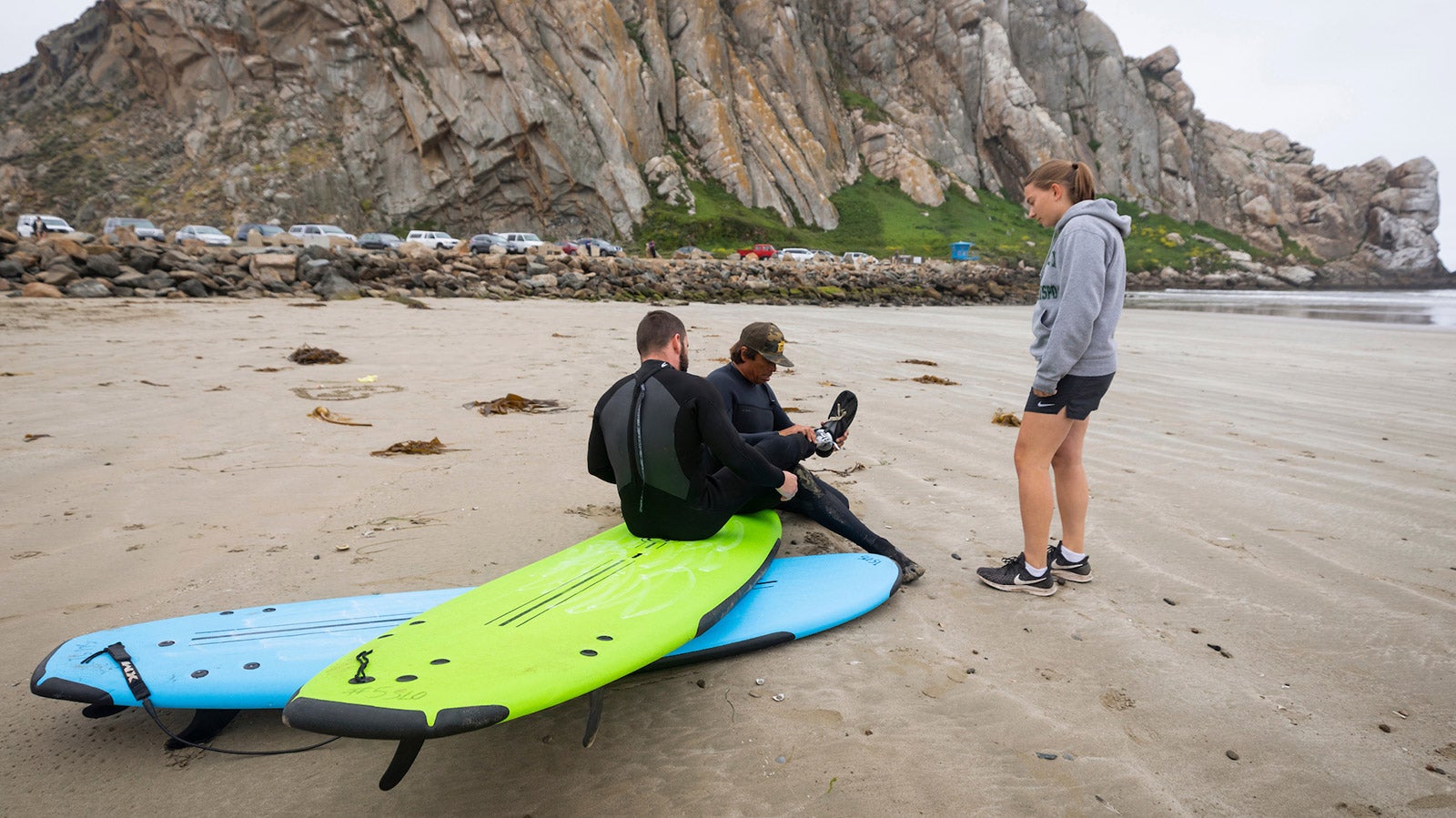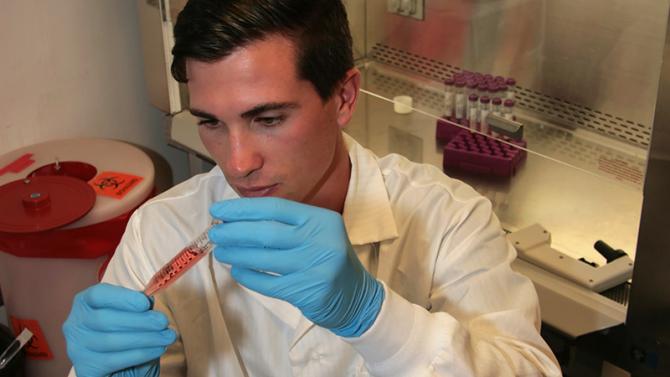Biomedical Engineering
College of Engineering
Biomedical engineers use engineering principles and a knowledge of biological sciences to design and create new technology to improve the delivery of health care.
San Luis Obispo, California
The biomedical engineering curriculum provides you with a broad understanding of both biomedical and core engineering principles, along with fundamentals in mathematics, biology and chemistry.
Opportunities are available for undergraduate and graduate work in many fields of interest, with the following laboratories available for course work and research projects:
- Advanced Instrumentation Facility
- Biofluidics Lab
- Biomedical Imaging and Bioinstrumentation Lab
- Biomedical Materials Characterization Lab
- Electrophysiology and Neural Electronics Lab
- High Performance Modeling and Simulation Lab
- Human Motion Biomechanics Lab
- Microcirculation and Vascular Regeneration Lab
- St. Jude Bio Engineering Lab
- Tissue Analysis Lab
- Tissue Engineering and In Vitro Systems Lab
Bioinstrumentation
The bioinstrumentation concentration prepares you for entry positions in the medical device industry that require a deeper understanding of electrical systems.
General Curriculum in Biomedical Engineering
While you are encouraged to select a formal concentration, those who do not will default to the general curriculum and can tailor courses to fit a variety of specialties.
Mechanical Design
The mechanical design concentration prepares you for entry positions in the medical device industry that require a deeper understanding of design, manufacturing or mechanical systems.
Biomedical engineering majors are able to participate in a blended program where you can earn your bachelor's and master's degrees through a streamlined program.
If you are interested in applying to the blended program, speak to your advisor for information about when to apply to the program.
About the Program

In biomedical engineering, you will learn to design and create complex medical devices and imaging technology, as well improve health care delivery systems and early detection methods.
The program encourages you to master the fundamentals of engineering, physical and life sciences. Our carefully planned curriculum was designed in consultation with industry and academic leaders in California and throughout the world and consists of labs, lectures, research and networking opportunities. The degree program is accredited by the Engineering Accreditation Commission of ABET.
Learn by Doing
From building prosthetics for wounded veterans to growing tissue engineered blood vessels to testing cerebral aneurysm devices, you will spend much of your time learning with real-world examples. The program includes partnerships with the biomedical device industry that allow you to work on confidential, real-life development projects as part of your study.

Improve Heart Health
Learn MoreOur Graduates
Biomedical engineering graduates successfully transition into the medical device industry and often find jobs at prominent and global leaders in medical devices and healthcare industries.
Major employers include Johnson & Johnson, GE Healthcare, Medtronic, Abbott Laboratories, Edwards LifeSciences, Stryker and Boston Scientific. Our graduates have also successfully founded start-up companies or have gone on to medical school and various other graduate programs.
